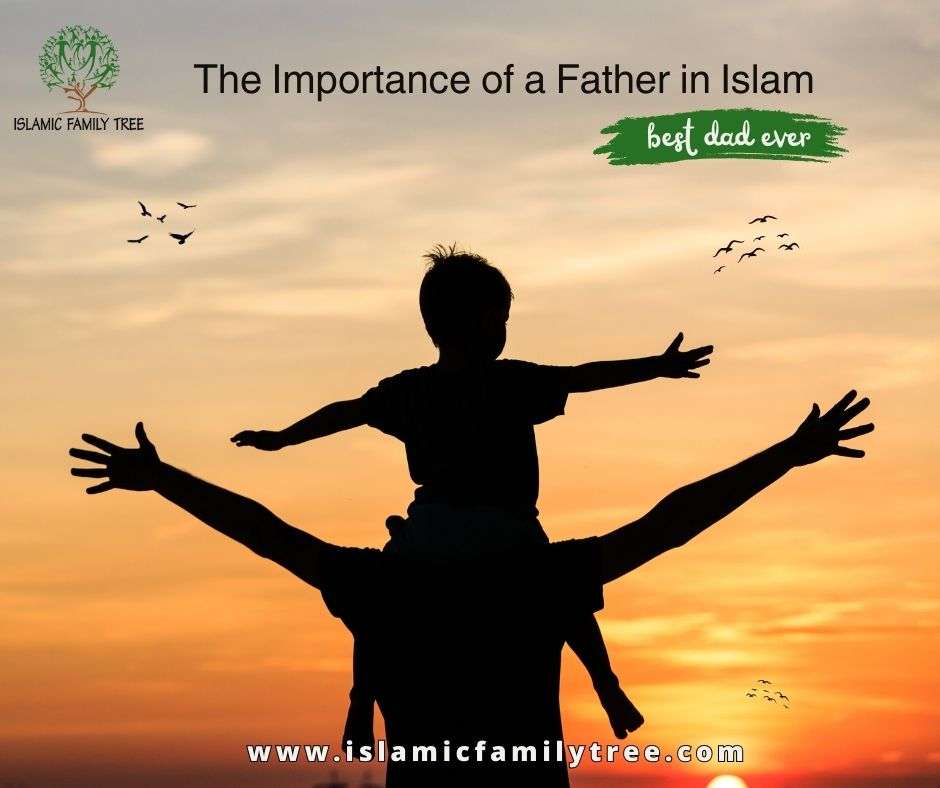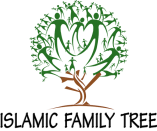
Importance of Father in Islam
The father holds an exalted rank in Islam, and it therefore impacts the characters and spirituality of his family as well as the society where he lives. A father is not only provision but also guide and care giver, and lives by examples according to the teachings of Islam. A closer look at what a father means is important for him to understand in the eyes of Islam.
- Role Model and Guide
In Islam, fathers are considered to be an exemplary model of perfection for their children to be emulated. The Prophet Muhammad (peace be upon him) spoke much about character and integrity and to this day and in all walks of life, fathers are inspired to be one of these qualities. A life built on the philosophy of Islamic values helps children move confidently through life with faith and dignity. They should instill in the children honesty, kindness, and respect, all hallmarks of the balanced person. - Spiritual Guidance
Spiritual up-bringing is important for dads to teach their children the Quran, the Sunnah, and the basic tenets of Islam. That incorporates sharing knowledge but, more importantly, exemplifying this by performing one’s prayers, keeping fast, and all acts of worship. A father’s faith commitment may inspire his children to meet their religious obligations and have a strong bonding with their Creator. - Emotional Support
Besides spiritual duties, fathers have a part in emotional support and stability. A loving father provides security and belongingness. That goes with free flow of communication and building up their self-esteem. Such an emotional setup enables children to help them cope with life and be able to battle with it. The teachings of Islam say that the loving father makes major psychological differences towards his children. - Economic Responsibility
In Islam, a great deal of importance is seen in the father as a provider for his family. Even though mothers also are basically needed for raising and teaching children, fathers traditionally have been seen as the ‘breadwinners’. This responsibility does not only entail funding the family; it covers the needs of the family regarding education, health care, and social life. His dedication to his family as well as from Islamic teachings about accountability and responsibility are also reasons why a father provides. - Supporting Justice and Fairness
Fathers are also expected to uphold justice and fairness in the family. Muslim justice entails treating all children justly, not any preferentially, so each child does not feel some more love and care than others. Being fair-minded in their conduct and judgment, fathers instill a child with the habit of being just to peers, respecting others, and maintaining dignity towards other human beings. - Community Building
The effect of a father is also beyond the family unit. A father is regarded as a role model in teaching both his children and the successive generations within his community through moral and social upbringing. A father, through activities like community service, charity, and social participation, can show, to his children and to the world around him, the values of Islam. - Authority and Guardianship
The fathers, therefore, are seen as protectors of the family. Not only does this protection have a bodily bond, but it also incorporates the soul and the emotions of the family. They are to be a place of refuge where the family can mature and grow. This protector role is deeply etched into the very foundation of Islamic thought, which stresses one’s obligation to protect the family from harm-both from within and without.
- Role model: Fathers serve as primary examples of character and integrity for their children.
- Spiritual guidance: They are responsible for teaching and instilling Islamic beliefs and practices.
- Emotional support: Providing a nurturing environment that fosters open communication and self-esteem.
- Economic responsibility: Serving as the primary breadwinner and ensuring the family’s welfare.
- Justice and equity: Promoting fairness in treating all family members equally.
- Community involvement: Engaging in social responsibilities and contributing positively to the community.
- Protector: Safeguarding the family emotionally, physically, and spiritually.
- Islamic values: Instilling core values such as honesty, compassion, and respect.
- Family dynamics: Shaping the interactions and relationships within the family unit.
- Parenting in Islam: Emphasizing the balance of discipline and love in raising children.
- Moral upbringing: Guiding children in understanding right from wrong according to Islamic teachings.
- Child development: Supporting the overall growth and well-being of children.
- Role of fathers: Recognizing the unique contributions fathers make to family life.
- Influence on children: Understanding the long-term impact fathers have on their children’s lives.
- Nurturing: Encouraging emotional and spiritual growth through care and support.
- Responsibility: Upholding duties towards the family and community.
- Teaching Islam: Ensuring children understand and practice their faith.
- Family welfare: Prioritizing the well-being and development of all family members.
- Leadership in community: Guiding and influencing the broader community through positive actions.


